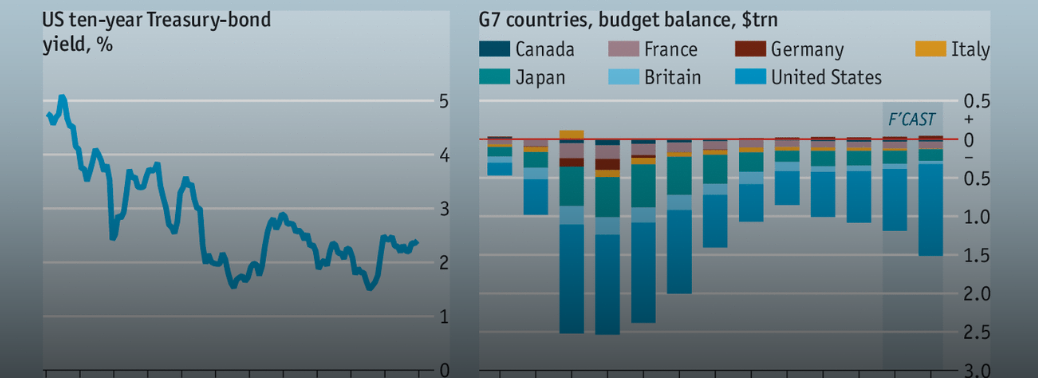Economists want further interest rate cut
20, Mar 2019

Prelims level : Banking
Mains level : GS - III
Economists met Reserve Bank of India Governor and cited concerns over economic growth and suggested further reduction of the interest rate to boost economic activity.
Monetary policy:
- Monetary policy refers to the policy of the central bank – ie Reserve Bank of India – in matters of interest rates, money supply and availability of credit.
- It is through the monetary policy, RBI controls inflation in the country.
Goal of Monetary Policy of India3
- Maintain price stability.
- The primary objective of monetary policy is to maintain price stability while keeping in mind the objective of growth. Price stability is a necessary precondition for sustainable growth.
- To maintain price stability, inflation needs to be controlled. The government of India sets an inflation target for every five years. RBI has an important role in the consultation process regarding inflation targeting. The current inflation targeting framework in India is flexible in nature.
Monetary Policy Committee
- It is the committee which will decide India’s Monetary Policy.
- The formation of the monetary policy committee was mooted by the Urjit Patel committee.
- The committee suggested that monetary policy be rule-based and not discretion-based. The final decision on monetary policy should not lie with the RBI governor alone but on a group of people.
- Targeting inflation is to be the core objective of the central bank, and it will be answerable to law-makers if it failed to achieve the target.
Composition of MPC
MPC will be a 6-member committee:4
- 3 members will be from RBI. These 3 members would include the governor who will also be the ex-officio chairperson of the committee.
- 3 members will be appointed by the central govt. These members should be experts in the field of finance or banking or economics or monetary policy. They will have a tenure of 4 years and will not be eligible for reappointment.
- The members appointed by the govt. will be appointed based on the recommendations by the search-cum-selection committee which will be headed by the cabinet secretary.
- Decisions will be taken by majority vote with each member having a vote
- The governor will not enjoy a veto power to overrule the other panel members, but will have a casting vote in case of a tie.
- No government official will be nominated to the MPC
- MPC will meet four times in 1 year and will announce its decisions publicly after each meeting. MPC replaces previous arrangement where RBI Governor along with a Technical Advisory Committee (TAC) taking decisions on monetary policy including setting interest rates. In the previous arrangement TAC was only having advisory functions and the RBI Governor enjoyed veto power over the committee in setting interest rates.
- 3 members will be from RBI. These 3 members would include the governor who will also be the ex-officio chairperson of the committee.
- 3 members will be appointed by the central govt. These members should be experts in the field of finance or banking or economics or monetary policy. They will have a tenure of 4 years and will not be eligible for reappointment.
- The members appointed by the govt. will be appointed based on the recommendations by the search-cum-selection committee which will be headed by the cabinet secretary.
- Decisions will be taken by majority vote with each member having a vote
- The governor will not enjoy a veto power to overrule the other panel members, but will have a casting vote in case of a tie.
- No government official will be nominated to the MPC
- MPC will meet four times in 1 year and will announce its decisions publicly after each meeting. MPC replaces previous arrangement where RBI Governor along with a Technical Advisory Committee (TAC) taking decisions on monetary policy including setting interest rates. In the previous arrangement TAC was only having advisory functions and the RBI Governor enjoyed veto power over the committee in setting interest rates.






